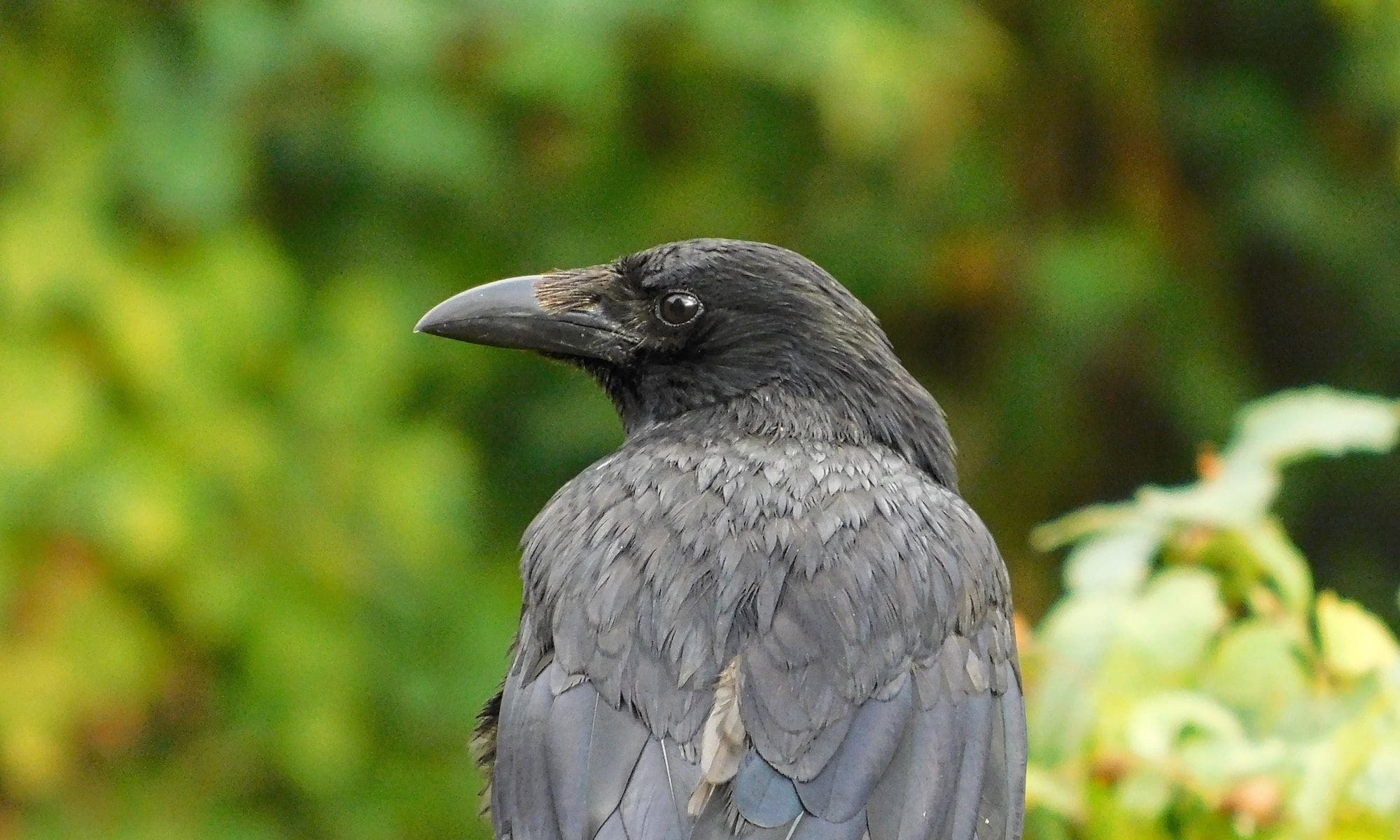How it All Started
It was in the middle of May in 2014, when we were brought two carrion crow nestlings, whose nest got destroyed during a storm. Both birds have been found on the ground the day after the storm by a dog walker. At arrival both birds were barely responsive, hypothermic and dehydrated. The birds, who we named Pepper and Chilli, suffered a concussion and bruises to chest and back, but luckily no fractures. Pepper, who was the smaller one of the two, did also show signs of a nutritional deficiency, a spinal concussion and splayed legs.

The first 48 hours were touch and go, but sleepless nights and intensive care measures paid off and both birds started to recover. We fitted a soft foam brace to stabilise Pepper’s hip joints and in a second step some shoes to support her ankle joints. Four weeks later, after brace and shoes were removed, Pepper started to walk normally and was able to perch. She quickly gained strength and confidence.
Continue reading “Carrion Crow Pepper – Introducing Corvid Isle Sanctuary Residents”







